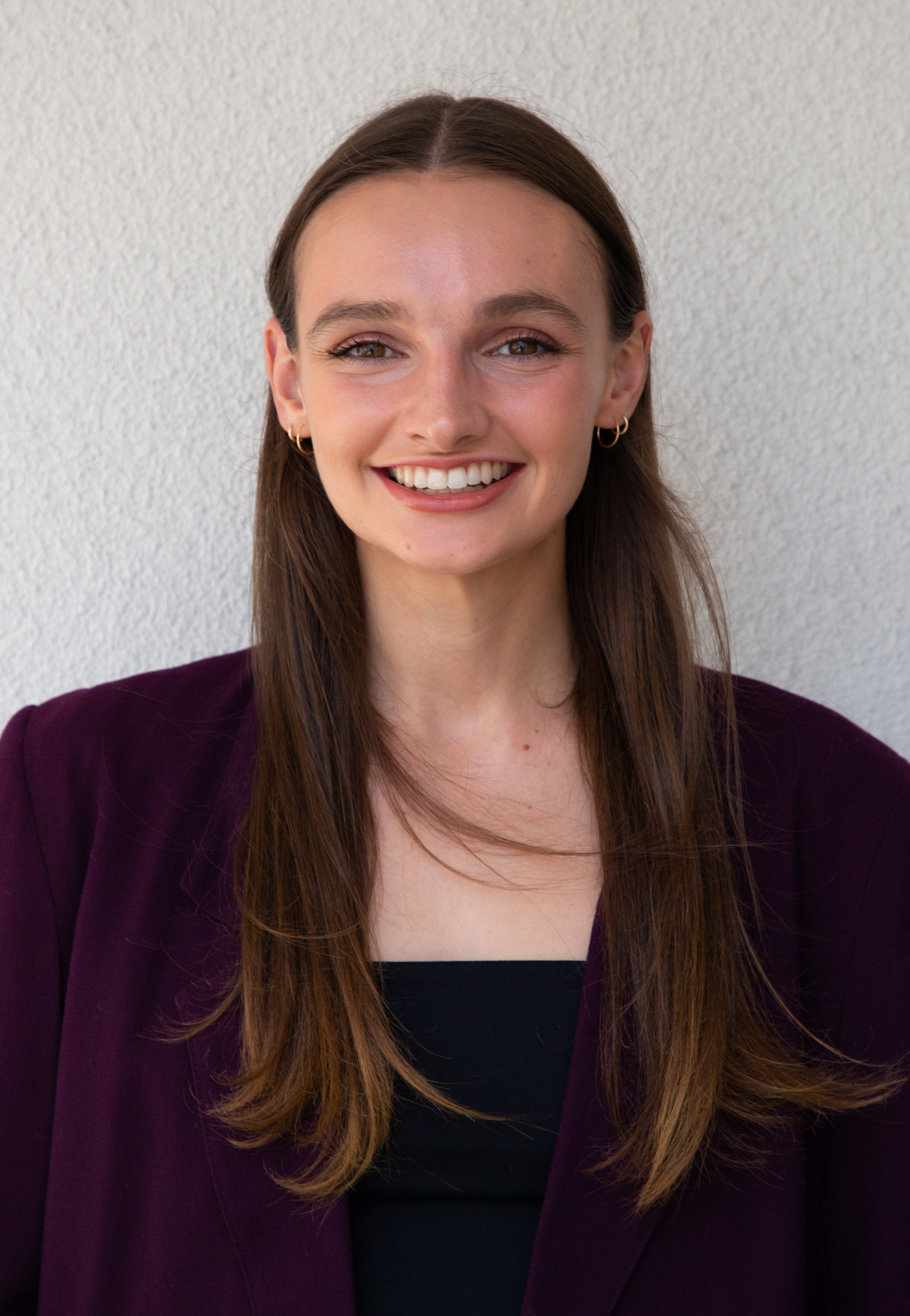Traditional marketing is not simply reserved for pharmaceutical ads and selling sodas. In an approach known as social marketing, these tried-and-true techniques can be applied to solve some of the world’s most serious issues.
Last semester, Professor Juan F. Roche debuted the course, Social Marketing: Behavior Change for Good. This brand new class gave students the opportunity to dive deeper into any issue of their choosing, but through a marketing perspective. Professor Roche began by teaching theory, providing students with a comprehensive overview of marketing principles. He then transitioned into application, where students gained a strong assortment of hard skills, setting them up to succeed on the final project. On top of this, students were exposed to prominent guest speakers and challenged to seek out examples of social marketing campaigns in their communities. By the end of the semester, we presented full social marketing campaigns of our own.
Kroc School students with Professor Roche, following their final presentations.
As a dual degree student in the JD/MA in Peace and Justice program, I chose to highlight the ties between a plant-based diet and social justice. I changed my diet after learning about the disproportionate impacts of climate change on marginalized communities. I wanted to make a difference at home, through my everyday habits, and found that “a vegan diet is the single biggest way to reduce your impact on planet earth” (Poore, 2018). By acting to combat climate change, I could combat the cyclical poverty that comes with it.
For example, Hurricane Katrina vividly displayed this intersection. Racial segregation in the South forced settlement in low-lying land, subject to the highest flood exposure. These areas of urban flooding are “a growing source of significant economic loss, social disruption, and housing inequality” (Frank, 2020). Insurance companies often will not issue policies for these zones, leaving inhabitants with no choice and no options. When the flooding hits, their homes are destroyed and they are left with little to no financial means to recover.
Despite the powerful research linking climate change with racial and social justice, nearly all advertising campaigns promoting plant-based choices only focus on animal welfare. There is a significant gap in the market for people looking to change their diet for other reasons. Surprisingly, even successful companies like Impossible Burger and Beyond Burger have not used social justice or climate change to motivate customers.
According to a 2019 survey of 12,814 participants, 68.1% of vegans were motivated to change their diet by animal-welfare issues (VOMAD Life, 2019). Only 9.7% of individuals were vegan for the environment and social justice was not even considered as a category (VOMAD Life, 2019).Yet, advertising continues to target animal-lovers, the population that needs it the least. If advertising were to shift to these audiences that are unaware and under-represented, there could be significant growth in the plant-based population.
A graph highlighting the traditional target audiences of plant-based advertising campaigns, pulled from Elena’s final project presentation.
Take a look at my “commercial,” a video campaign to motivate consumers to change their diet and in turn, change the world.
Social marketing is revolutionary, innovative, and effective. It uses the tools already at our disposal to implement much-needed change across the globe. Thanks to Professor Roche, we were empowered to follow the lead of successful campaigns, from companies like Unilever to Patagonia. Just as social marketing has been used to reduce littering, smoking, and the spread of HIV/AIDS, my video campaign hopes to shift consumer behavior for a better future. Sometimes, all it takes is one veggie hamburger to start a domino effect!
References
Frank, T. (2020, June 2). Flooding Disproportionately Harms Black Neighborhoods. Scientific American. https://www.scientificamerican.com/article/flooding-disproportionately-harms-black-neighborhoods/
Poore, J. & Nemecek, T. (2018, May 31). Reducing food's environmental impacts through producers and consumers. Science 360, 987–992. https://josephpoore.com/Science%20360%206392%20987%20-%20Accepted%20Manuscript.pdf
VOMAD Life. (2019, March 3). Why People Go Vegan: 2019 Global Survey Results. https://vomad.life/survey/

About the Author
Elena is a JD/MA in Peace and Justice candidate at the Joan B. Kroc School of Peace Studies at the University of San Diego.





